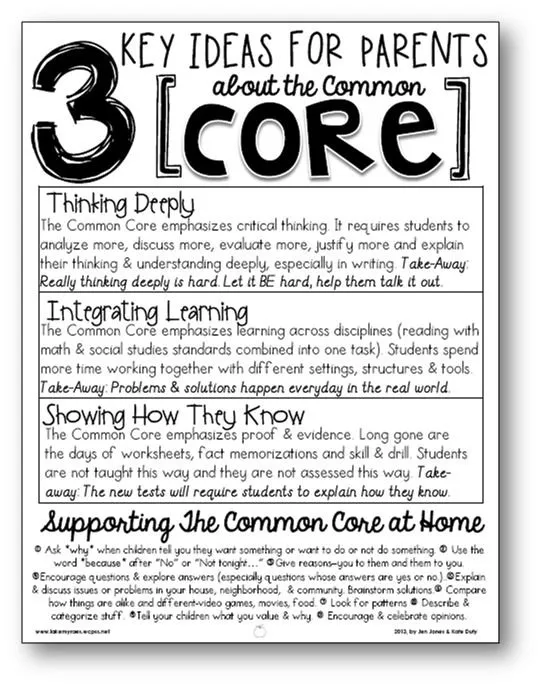Information
School Uniform Policy

All Students must wear Polo-Type SHirts & Khaki Bottoms!
Students can wear:
- Uniform Shirts
- Hoodies
- Regular Backpacks
Students can not wear:
- Cargo Pants
- Slides, flip flops or sandals
- Bandannas
- Head Bonnets
Suicide Prevention
SUICIDE PREVENTION HOTLINE: DIAL 988
The 988 Lifeline is a national network of local crisis centers that provides free and confidential emotional support to people in suicidal crisis or emotional distress 24 hours a day, 7 days a week in the United States. We're committed to improving crisis services and advancing suicide prevention by empowering individuals, advancing professional best practices, and building awareness.
Tutoring & Enrichment Available!
21st Century Community Learning Center
October 2024 through April 2025
Monday, Wednesday, and Thursday
3:30 - 5:30 p.m.
The 21st Century Community Learning Centers (21st CCLC) programs provide safe and engaging learning environments for students in out-of-school hours. They offer academic enrichment activities, such as tutoring in reading and math, and services that enhance the regular academic program, such as recreation, technology education, counseling and character education.
Common Core

Common Core Basics
Information is provided to clarify the fundamentals of Common Core to help parents and community members gain a better understanding.
Homework LA
HomeworkLA
Free Online Tutoring, Job Search Assistance and Academic & Career Resources:
HomeworkLouisiana offers FREE online tutoring and academic resources from Tutor.com for Louisiana residents from kindergarten students through adult learners. Get help in math, science, social studies or English from a live tutor. The services can be accessed from a Louisiana public library, from your home computer or from your mobile device.
Testing
At Morehouse Elementary School, a standardized test (LEAP) is given in grades 3-6
With the help of the following tips, you can ease your child's anxieties about the testing process:
Get the facts. Find out the exact dates your child will be tested and which tests he will take this year. Check to see if the tests will be different in any way from the ones he took the year before. Once you know what's happening, you can help your child feel ready for what's ahead.
Talk to your child. Find out whether your child is feeling nervous and if so, why. Often children feel better when they voice their fears, so give your child a chance to talk about the process. If your child is afraid of failing or doing poorly, your reassurances will help him feel less frightened.
Help your child practice. If your child is familiar with the format of the test, he'll feel more prepared. Ask his teacher or check your state's Department of Education Web site for some sample questions or other materials that can help him get acquainted with the test.
Take care of the basics. See that your child gets a good night's sleep the night before the test and eats breakfast that morning.
Keep your cool. While tests have increasing importance, they are just one measure of student learning, so try to keep the process in perspective. If you remain calm, chances are your child will probably feel calmer too.
